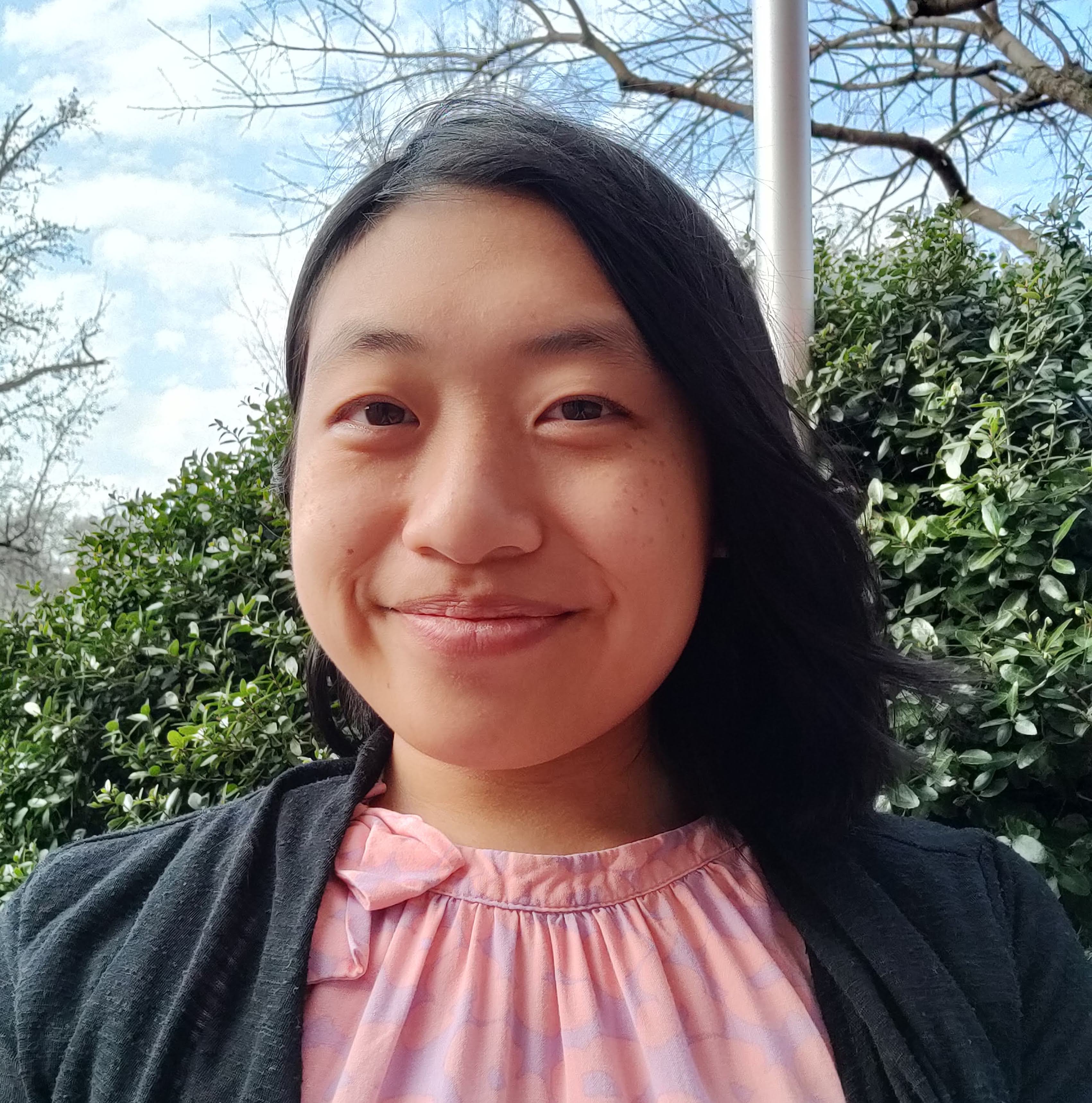About Me
As of summer 2023, I am a rising senior (graduating spring 2024) at the University of North Carolina at Chapel Hill, where I double major in Computer Science (B.S.) and in Nutrition at the Gillings School of Public Health. I am passionate about using technology to empower those with disabilities and bridge gaps in accessibility, education, and public health.
Learn more about my various adventures in accessibility research and more at my personal website!
About My Mentor
Dr. Anat Caspi is the Director of the Taskar Center of Accessible Technology and Principal Scientist at the Paul G. Allen School of Computer Science & Engineering at the University of Washington. In this role, she currently specializes in researching ubiquitous computing and contextually aware automation, especially for applications in urban environments and for accessibility. Her work puts people first in design and participation. Learn more about her via the Taskar Center website or her Google Scholar page.
About My Project
My project focuses on developing GIS data standards and relevant evaluation criteria that center transportation equity, or access of all people to mobility options that meet their needs, regardless of ability, income, race, or location. It builds on previous work at the Taskar Center (focused on the needs of those with visual or mobility impairments in urban pedestrian environments) and incorporates insights from public health systems thinking to answer the following questions:
- What does an integrative approach to examining the factors affecting transportation equity imply for the structuring and evaluation of GIS data standards?
- How do these data standards compare to those that currently exist in a well-known crowdsourced map?
The goals of my project are three-fold:
- To refine (and/or systematically define) existing GIS standards with an approach that puts transportation equity, especially as examined across all mobilities, first.
- To evaluate how much of literature translates to real-life in the specific use case of the popular crowdsource map OpenStreetMap.
- To make proposals to improve map data quality for all in OpenStreetMap.
Final Report
NOTE: Research was still in-progress when this was written; hence the report is not polished and links to the repository with the complete list of articles reviewed are not provided. All mistakes can be attributed to myself (Christine Mendoza).
